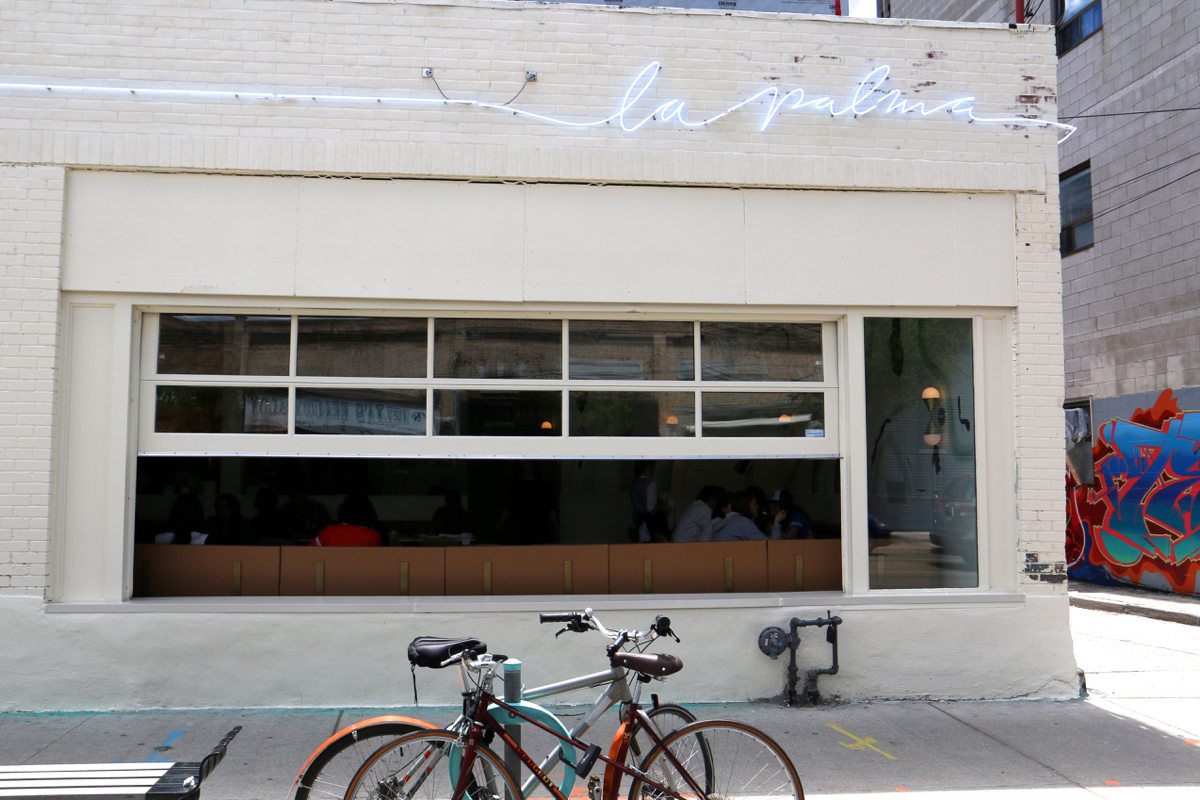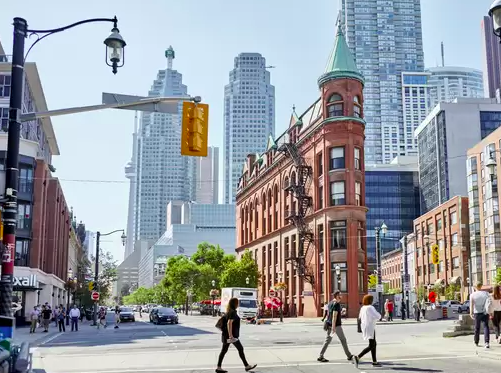
What The Upcoming Election Means For Canadian Housing Policies.
September 9, 2021 | Market Reports
With the upcoming election approaching, we know that there are many policies that need to be considered before submitting your ballot. While housing may be a small component of the big picture, we tend to think it’s a pretty important one. Here is a look at some of the prominent issues being addressed, and the platforms presented by the political parties.
With the Canadian housing market being at the forefront of economic discussion these past 2 years, there was little question that Canada’s housing supply crisis was poised to get a lot more political.
We have seen home prices across Canada, in communities both large and small, rising at a rapid pace, far outstripping inflation due to supply failing to keep up with demand.
Some hot topics include the proposed bans on foreign investors and the ban on blind bidding.
Bans and limitations on foreign investors are a topic being addressed across the board. However, according to this article by the star, Baker Real Estate, which is the preeminent pre-construction condo marketing firm in Canada, foreign buyers represented less than five per cent of its more than 5,000 sales for the year 2020.
Historically, these buyers have played an important role in the domestic housing ecosystem by purchasing units, accepting the related risks and long timelines, and then renting them out.
Reinforcing that, a CMHC study issued in May determined that “the share of non-resident ownership in condominium apartments remains low and stable.”
“Bidding blind” is a long-established practice in our real estate market, governed by clear rules. Each party submits their best offer with no information in regard to the other offers, aside from the number of competing bidders. While there is talk that open auction style bidding could combat such exponential “over ask” sales; in other jurisdictions like Australia and New Zealand, where open auctions are the rule, there has been the same rate of house-price appreciation as Canada.
So while, many people who have been beat up in the bidding war process may be inclined to think that this is a strong solution, the impact on the market will likely be minimal if implemented.
In the end, all roads lead back to the lack of housing supply and its impact on affordability.
Canadian voters will be hearing a similar message from each of the major federal parties during the current election campaign: housing has grown too expensive, and we have a plan to fix it.
The consensus reflects the increasingly dire state of housing in Canada, experts say, which affects everyone from prospective homeowners feeling squeezed out of the market to lower-income families languishing on waiting lists for affordable housing.
So what do the political candidates plan to do about it? Here are each parties, housing policies laid out:
Liberal
- Committing $1 billion in loans and grants to develop and scale up rent-to-own projects with private, not-for-profit, and co-op partners, creating a pathway to home ownership for renters in 5 years or less.
- Introduce a tax-free First Home Savings Account, which will allow Canadians under 40 to save up to $40,000 toward their first home and withdraw it tax-free to put toward their purchase.
- Give Canadians the option of a deferred mortgage loan as an alternative to the current shared equity model and reduce their monthly mortgage costs.
- Doubling the First-Time Home Buyers Tax Credit, from $5,000 to $10,000.
- Reduce the price charged by the Canadian Mortgage and Housing Corporation on mortgage insurance by 25 per cent.
- Build, preserve, or repair 1.4 million homes in the next four years.
- Create a Housing Accelerator Fund, which will make $4 billion available to challenge the country’s largest cities to accelerate their housing plans, creating a target of 100,000 new middle-class homes by 2024-25
- Permanently increase funding to the National Housing Co-investment fund for a total of $2.7 billion over 4 years
- Introduce the Multigenerational Home Renovation tax credit to support families looking to add a secondary unit to their homes to allow a family member to live with them.
- Co-develop a housing strategy with Indigenous partners and creating a National Indigenous Housing Centre.
- End chronic homelessness by supporting communities in delivering locally-oriented homelessness prevention and reduction programs.
- Introduce a Home Buyer’s Bill of Rights that will ban blind bidding, establish a legal right to home inspection, ensure total price transparency on the history of recent house sale prices, require real estate agents to disclose all participation in transactions when they are involved in both sides of a potential sale, and ensure banks offer mortgage deferrals for up to 6 months in the event of major life events.
- Stop ‘renovictions’ by deterring unfair rent increases that fall outside of a normal charge in rent.
- Place an anti-flipping tax on residential properties requiring properties to be held for at least 12 months.
- Ban new foreign ownership
- Review tax treatment of large corporate owners and speculators trying to amass large portfolios of Canadian rental housing and putting in place policies to curb excessive profits.
- Establish the Canadian Financial Crimes Agency to investigate and combat all forms of major financial crime, including money laundering in the housing market.
Conservative
- To increase supply, the Conservative party plans to build 1 million homes in the next three years, by taking steps to:
- Build public transit infrastructure that connects homes and jobs by bringing public transit to where people are buying homes; and require municipalities receiving federal funding for public transit to increase density near the funded transit…
- Review the real estate portfolio of the federal government – the largest property owner in the country with over 37,000 buildings – and release at least 15% for housing while improving the Federal Lands Initiative.
- Encourage a new market in seven- to ten-year mortgages to provide stability both for first-time home buyers and lenders, opening another secure path to homeownership for Canadians, and reducing the need for mortgage stress tests.
- Remove the requirement to conduct a stress test when a homeowner renews a mortgage with another lender instead of only when staying with their current lender, as is the case today.
- Increase the limit on eligibility for mortgage insurance and index it to home price inflation, allowing those in high-priced real estate markets with less than a 20% down-payment an opportunity at home-ownership.
- No capital gains tax on the sale of Canadians’ principal residence.
- Implement a strategy to combat homelessness among veterans and explore the potential for using surplus military housing to provide housing for homeless veterans.
- Ban foreign investors not living in or moving to Canada from buying homes for a two-year period (after which it will be reviewed).
- Encourage foreign investment in purpose-built rental housing that is affordable to Canadians.
- Implement comprehensive changes to the Proceeds of Crime (Money Laundering) and Terrorist Financing Act, and give FINTRAC, law enforcement, and prosecutors the tools necessary to identify, halt, and prosecute money-laundering in Canadian real estate markets
- Establish a federal Beneficial Ownership Registry for residential property.
- Enact a “For Indigenous, By Indigenous” housing strategy that will empower Indigenous Peoples with the autonomy to meet their own housing needs.
NDP
- Create at least 500,000 units of quality, affordable housing in the next 10 years, with half done within 5 years.
- Spur the construction of affordable homes by waiving the federal portion of GST/HST on new rental units.
- Re-introduce 30-year terms to CMHC insured mortgages on entry-level homes for first time buyers, which will allow for smaller monthly payments.
- Double the Home Buyer’s Tax Credit to $1,500 to help with closing costs.
- 20% Foreign Buyer’s tax on the sale of homes to individuals who aren’t Canadian citizens or permanent residents
- Create more social housing. Fast-track the purchase, lease and conversion of hotels and motels for emergency housing relief until permanent, community-based solutions are available.
- Address the Indigenous housing crisis and put an end to chronic overcrowding and long-wait lists by working with Indigenous communities to implement a co-developed, fully funded Indigenous national Housing Strategy within first 100 days in office.
- Provide funding to support the creation and expansion of shelters for trans youth.
- Require large scale building retrofits in all sectors, to have retrofitting in all buildings in Canada by 2050—beginning with upgrades to all buildings built before 2020 in the next 20 years.
- Help families make energy efficient improvements to their homes through low-interest loans.
- Make sure that all Canadians have access to affordable, reliable high-speed broadband within four years. Includes the creation of a Crown corporation to ensure the delivery of affordable telecom services to every community
Platforms and policies have been sourced from the the Canadian real estate association




